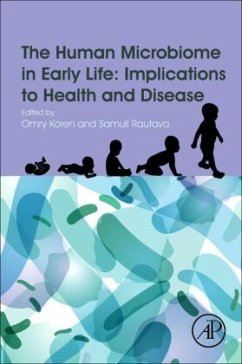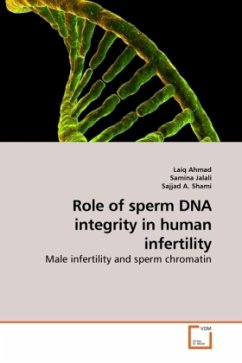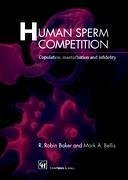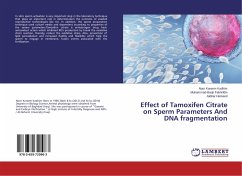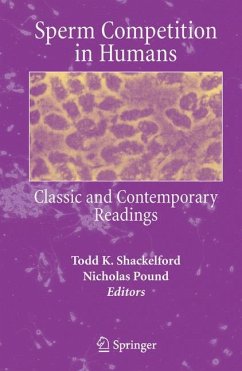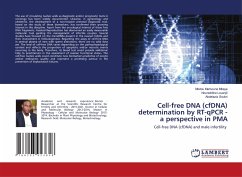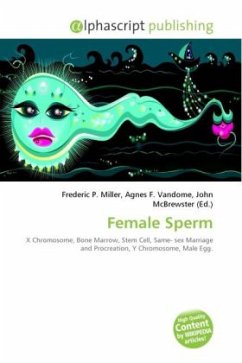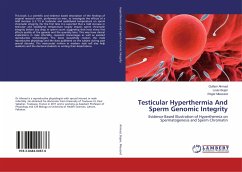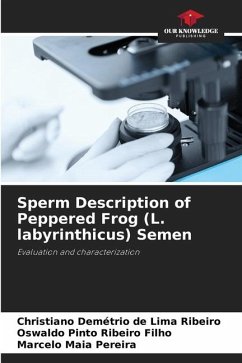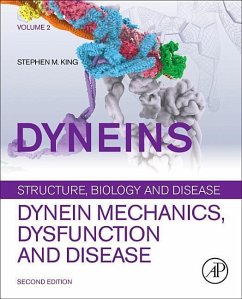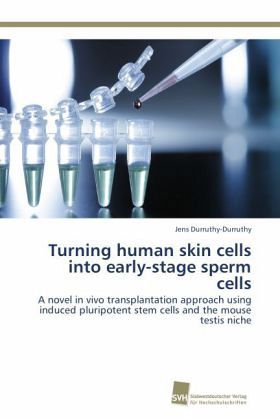
Turning human skin cells into early-stage sperm cells
A novel in vivo transplantation approach using induced pluripotent stem cells and the mouse testis niche
Versandkostenfrei!
Versandfertig in 6-10 Tagen
32,99 €
inkl. MwSt.

PAYBACK Punkte
16 °P sammeln!
Studies of human germ cell development are limited in large part due to inaccessibility of germ cells during development. Moreover, although several studies have reported differentiation of mouse and human germ cells from pluripotent stem cells in vitro, differentiation of human germ cells from pluripotent stem cells in vivo has not been reported. The author Jens Durruthy-Durruthy investigates in preliminary studies the induction of pluripotency from human skin cells with different reprogramming factors. For this purpose, he derived integration-free iPS cells via mRNA-based reprogramming with ...
Studies of human germ cell development are limited in large part due to inaccessibility of germ cells during development. Moreover, although several studies have reported differentiation of mouse and human germ cells from pluripotent stem cells in vitro, differentiation of human germ cells from pluripotent stem cells in vivo has not been reported. The author Jens Durruthy-Durruthy investigates in preliminary studies the induction of pluripotency from human skin cells with different reprogramming factors. For this purpose, he derived integration-free iPS cells via mRNA-based reprogramming with OCT3/4, SOX2, KLF4 and cMYC alone (OSKM) or in combination with the germ cell specific mRNA, VASA (OSKMV). He then tests whether mRNA reprogramming in combination with xeno-transplantation may provide a viable system to probe the genetics of human germ cell development via use of induced pluripotent stem cells. This book is directed to academics, developmental and stem cell biologists as well as the general life science research audience as it discusses a novel strategy for genetic analysis of human germ cell development and may inform studies of fertility restoration in men.



